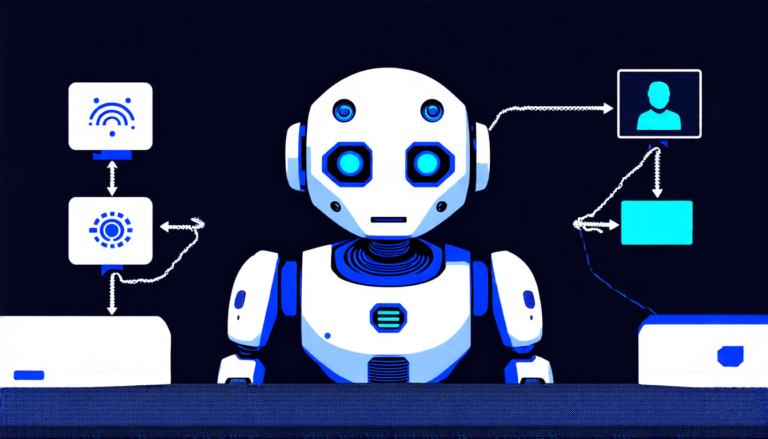Thursday 22 May 2025
Scientists have made a significant breakthrough in the field of artificial intelligence, developing a new method for adapting machine learning models to different environments and data types without requiring access to the original training data.
The traditional approach to domain adaptation involves fine-tuning a pre-trained model on a small amount of target data, which can be time-consuming and often produces suboptimal results. However, this new method uses a combination of source replay and offset compensation to adapt the model to the new environment.
Source replay involves retraining the model on a portion of the original training data, while offset compensation adjusts the model’s predictions based on the differences between the target and source data. By combining these two techniques, the model can learn to generalize to new environments without requiring additional training data.
One of the key advantages of this method is its ability to adapt to changing conditions and data types. For example, a machine learning model trained on one type of sensor data may not perform well when applied to another type of sensor data. However, by using source replay and offset compensation, the model can learn to adapt to these changes and improve its performance.
The researchers tested their method on several datasets, including those related to human activity recognition, sleep stage classification, and mechanical fault diagnosis. The results showed that the adapted models outperformed traditional methods in all cases, with significant improvements in accuracy and robustness.
This breakthrough has significant implications for a wide range of applications, from healthcare to manufacturing. For example, medical devices could be trained on data from one hospital and then adapted for use in another hospital without requiring additional training data. Similarly, industrial equipment could be monitored using sensors that provide different types of data, allowing the model to adapt and improve its performance over time.
The researchers believe that their method has the potential to revolutionize the field of artificial intelligence, enabling machines to learn and adapt more quickly and effectively in complex environments. As the amount of data available to us continues to grow, this breakthrough could play a key role in unlocking new insights and applications.
Cite this article: “Adaptive Machine Learning Method for Domain Adaptation Without Additional Training Data”, The Science Archive, 2025.
Artificial Intelligence, Machine Learning, Domain Adaptation, Source Replay, Offset Compensation, Data Types, Sensor Data, Medical Devices, Industrial Equipment, Healthcare, Manufacturing.







